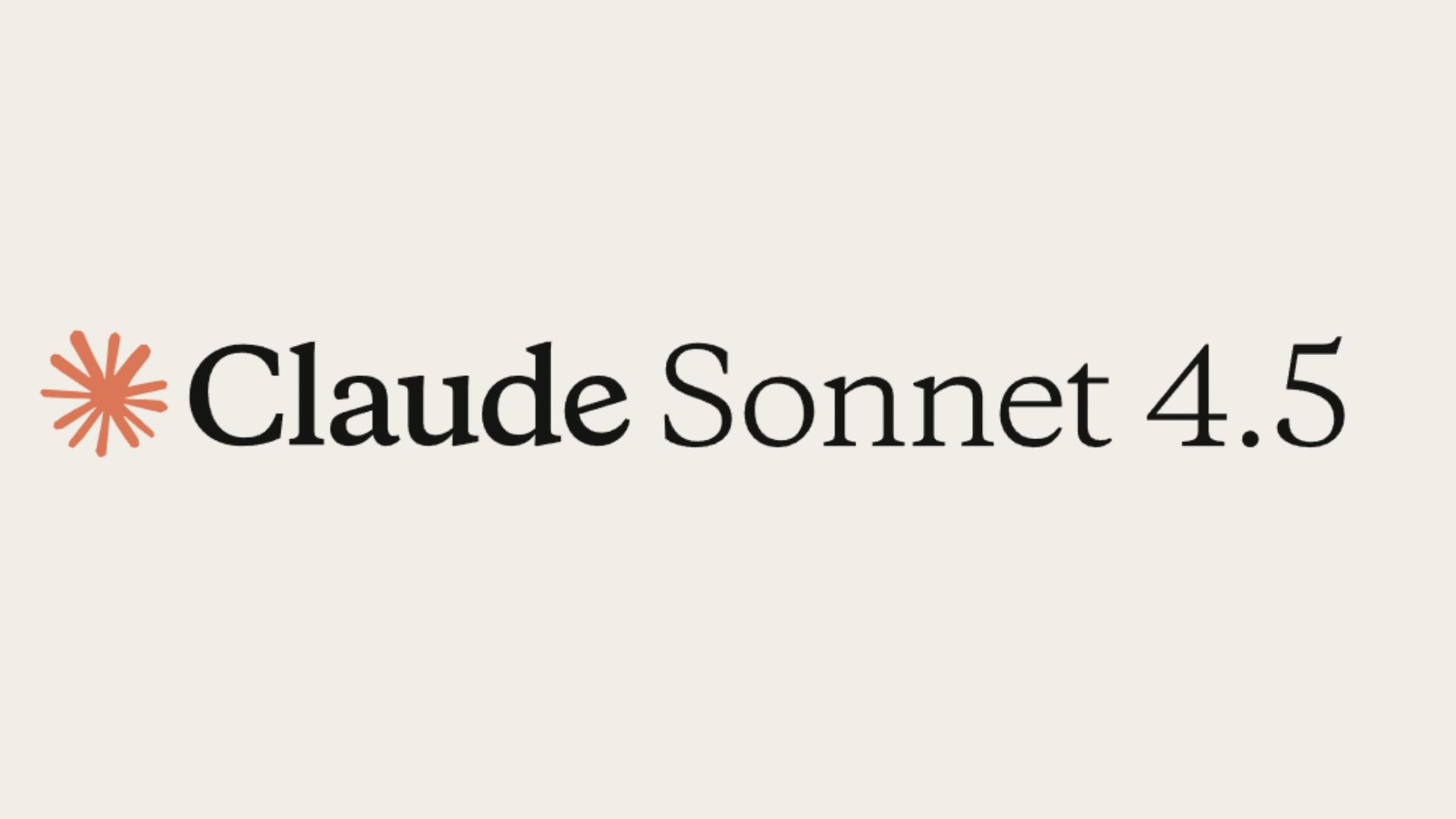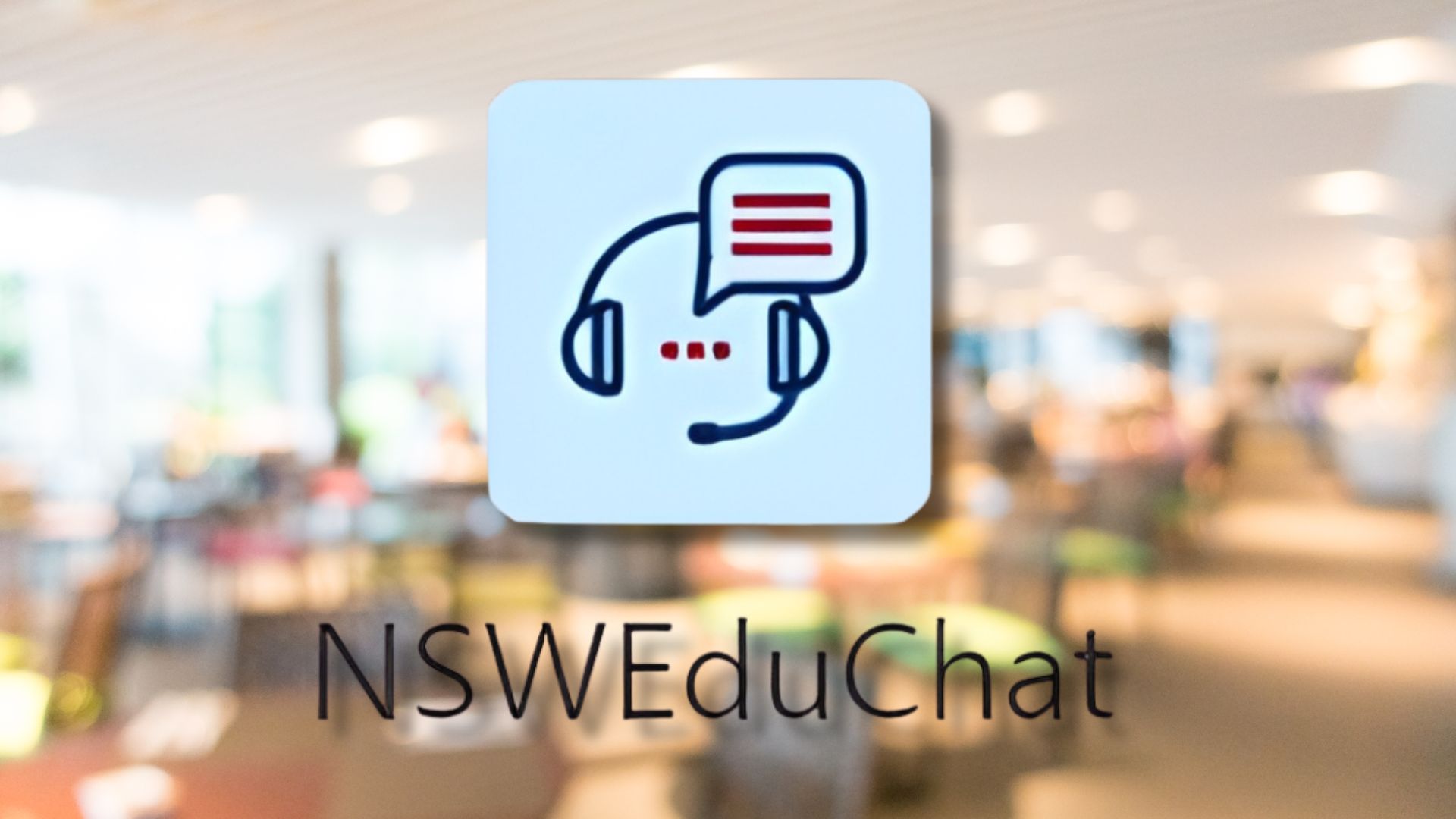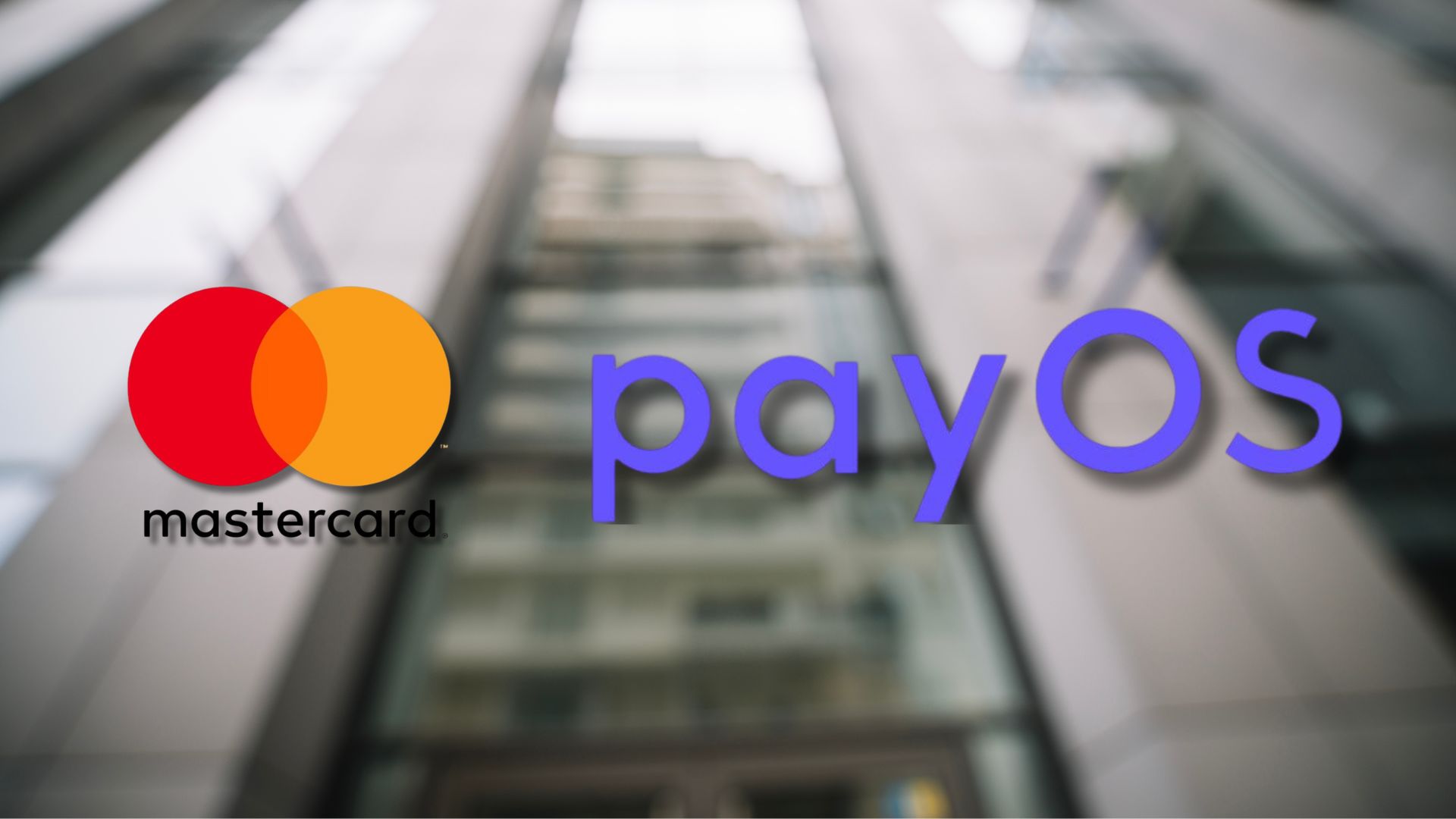Human staff are more accurate than AI in assessing patient urgency in emergency departments, according to research presented at the European Emergency Medicine Congress in Barcelona.
The study, led by Dr Renata Jukneviciene of Vilnius University, tested ChatGPT 3.5 against clinicians and nurses using real case studies.
Doctors achieved an overall accuracy of 70.6% and nurses 65.5%, compared with 50.4% for AI. Doctors also outperformed AI in surgical and therapeutic cases, while nurses were more reliable overall.
AI did show strength in recognising the most critical cases, surpassing nurses in both accuracy and specificity. Researchers suggested that AI may help prioritise life-threatening situations and support less experienced staff instead of acting as a replacement.
However, over-triaging by AI could lead to inefficiencies, making human oversight essential.
Future studies will explore newer AI models, ECG interpretation, and integration into nurse training, particularly in mass-casualty scenarios.
Commenting on the findings, Dr Barbra Backus from Amsterdam said AI has value in certain areas, such as interpreting scans, but it cannot yet replace trained staff for triage decisions.
Would you like to learn more about AI, tech and digital diplomacy? If so, ask our Diplo chatbot!










